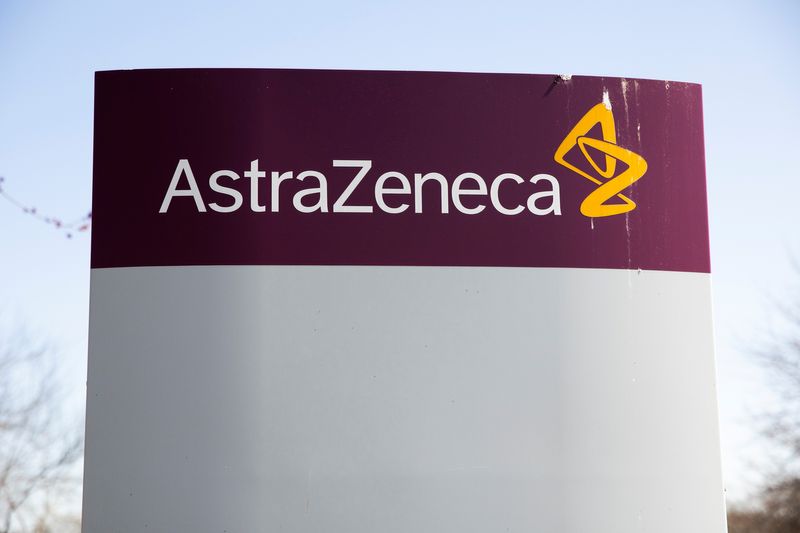Investing.com’s stocks of the week
On Thursday, Deutsche Bank issued a downgrade for pharmaceutical giant AstraZeneca (NASDAQ:AZN), listed on the London Stock Exchange (AZN:LN) and NASDAQ (NASDAQ:AZN), changing its rating from Hold to Sell. The bank also adjusted its price target for the company's stock from £110.00 to £95.00.
The downgrade came after AstraZeneca's fourth-quarter results fell short of expectations, missing key financial targets, including those for its cancer drug Enhertu. Despite a solid cash flow performance, the company's decision to keep its dividend flat was seen as a letdown, especially considering a decade of stagnant dividends accompanied by only minor increases in the past two years. This stagnation persisted despite AstraZeneca reporting a 9% actual growth in core earnings per share (EPS) and a 15% constant exchange rate (CER) increase, along with low double-digit guidance for future EPS growth.
Deutsche Bank highlighted concerns regarding AstraZeneca's financial guidance for 2024, pointing out that while it might align with current expectations, the company's core margin outlook remains unclear. Furthermore, AstraZeneca has indicated that mid-30s percentage is the peak of its margin ambitions, which adds to the bank's reservations about the stock's future performance.
The bank also noted that the research and development (R&D) updates from AstraZeneca mostly consisted of minor news, which does not offer much to counterbalance the negative aspects. The analyst from Deutsche Bank expressed that the dividend's static nature is a particularly negative signal, and with a year expected to have fewer significant catalysts, the decision was made to downgrade the stock to Sell, setting the new price target based on a 15 times multiple of the forecasted FY24 core P/E ratio.
InvestingPro Insights
The recent downgrade from Deutsche Bank has put AstraZeneca (NASDAQ:AZN) under the spotlight, and investors are keen on understanding the underlying financial health and future prospects of the company. To provide a broader perspective, here are some insights based on real-time data and InvestingPro Tips.
InvestingPro Data for AstraZeneca as of the last twelve months up to Q3 2023 shows a robust gross profit margin of 89.17%, signaling the company's strong ability to control costs relative to revenue. Additionally, the company maintains a solid operating income margin of 31.22%, which suggests efficient management and profitability in its operations.
Despite the concerns raised by Deutsche Bank, InvestingPro Tips suggest that AstraZeneca is expected to see net income growth this year. This could be a sign of the company's resilience and potential to rebound from any temporary setbacks. Moreover, AstraZeneca is recognized for its impressive gross profit margins, which have remained a consistent strength for the company.
Investors considering AstraZeneca may also take note of the company's P/E Ratio (Adjusted) of 17.77, which, when paired with the PEG Ratio of 0.18, indicates that the stock is trading at a low price-to-earnings ratio relative to near-term earnings growth. This could potentially offer an attractive entry point for value-oriented investors.
For those seeking additional insights, there are 15 more InvestingPro Tips available for AstraZeneca at https://www.investing.com/pro/AZN. These tips could further inform investment decisions and provide a comprehensive understanding of the company's financial health and market position.
To explore these additional tips and metrics, use coupon code SFY24 to get an additional 10% off a 2-year InvestingPro+ subscription, or SFY241 to get an additional 10% off a 1-year InvestingPro+ subscription. This offer could enhance your investment strategy with in-depth analysis and real-time data for AstraZeneca and other stocks of interest.
This article was generated with the support of AI and reviewed by an editor. For more information see our T&C.
